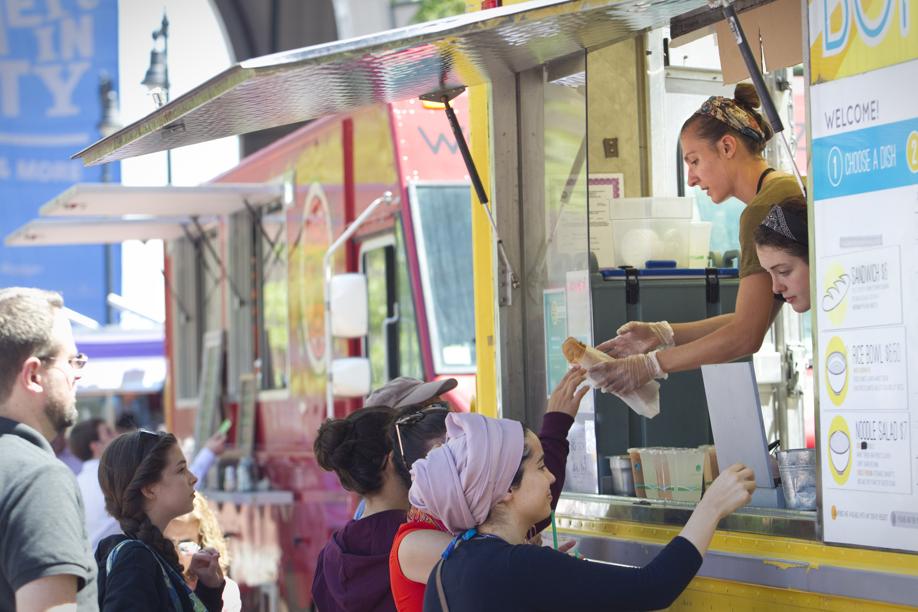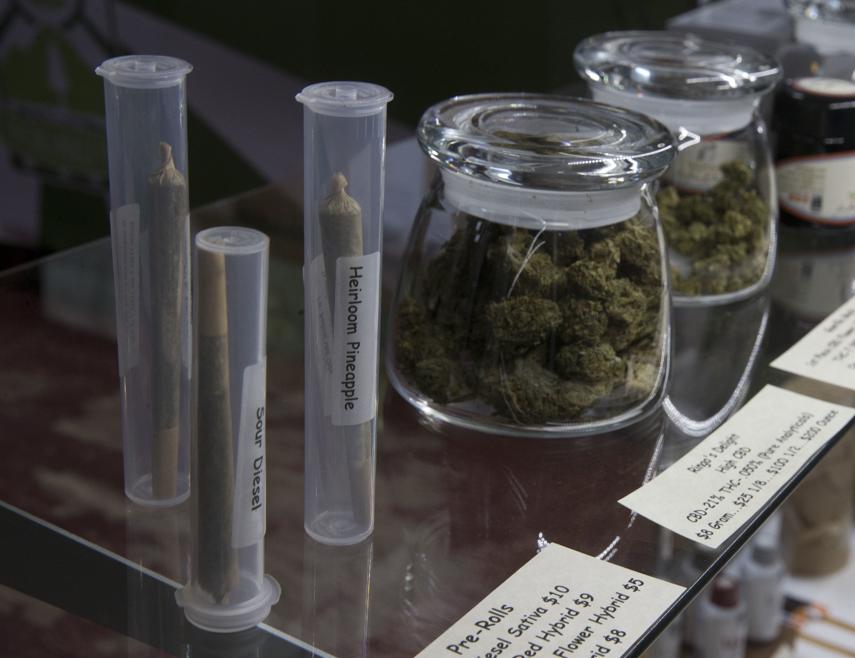MEDICAL RESEARCH
Plan to cap money to research labs scrapped
Officials at the federal agency that funds medical research have scrapped a controversial plan to free up money for young researchers by capping the amount of grant money it gives to individual labs. The funding limit proposed by the National Institutes of Health — which last year handed out nearly $25 billion in research awards to universities and hospitals across the country — came under fire from senior scientists in the Boston area and elsewhere who run labs that stood to lose funding. In its place, the NIH will establish new policies to boost support for early-career lab heads — called principal investigators — and set aside a fresh pool of cash totaling $210 million this year and increasing to $1.1 billion a year in five years. The amount directed to first-time grant applicants, labs losing NIH support, and mid-career scientists considered “rising stars’’ is expected to be approximately twice as much as it would have been under the initial proposal to limit grants to individual labs, NIH director Francis Collins said in a conference call with reporters Thursday afternoon. Agency officials were vague about where the new cash pool would come from, promising a “reprioritization of funds’’ from established labs and other programs. Leaders of large research labs in Greater Boston, which draw a disproportionate share of NIH grants, had warned the initial plan could harm biomedical innovation by diverting funds from the labs with successful track records. It would have created a point system restricting funding for a single lab to the equivalent of three of NIH’s bread-and-butter grants. — ROBERT WEISMAN
HEALTH CARE
Tufts Medical Center nurses reject contract, strike possible
Members of the Massachusetts Nurses Association on Thursday rejected a “final’’ contract offer from Tufts Medical Center, setting up a showdown that could lead to a strike. The “no’’ vote was expected. Union leaders had previously said the hospital’s offer wasn’t good enough, and that they were encouraging rank-and-file nurses to vote against it. The association represents 1,200 nurses at Tufts, a teaching hospital in Boston’s Chinatown neighborhood. The union refused to say how many nurses cast ballots or how many voted to reject the contract offer, saying only that the response was “overwhelming.’’ The hospital has proposed raises of 10.5 percent over about four years to the more than 700 nurses at the top of the pay scale. The rest of the nurses would receive a 5.5 percent pay increase over that time period, in addition to 5 percent annual step raises, which are already part of the contract. Nurses at Tufts Medical make less than their peers at some of Boston’s other teaching hospitals. The average pay for full-time nurses at the top of the Tufts pay scale is $152,000, according to hospital officials. In March, the nurses voted to authorize union leaders to call a one-day strike “if and when they feel it is necessary.’’ The union must provide 10 days’ notice of a strike. Hospital officials said nurses who strike for one day would not be allowed back at work for four additional days. They said they would have to spend $6 million to hire temporary replacement workers if the union nurses go on strike. — PRIYANKA DAYAL MCCLUSKEY
SELF-DRIVING CARS
nuTonomy teams up with Lyft
NuTonomy, a small Boston startup that makes software for self-driving cars, has launched a research-and-development partnership with San Francisco’s Lyft Inc., the second-largest ride-hailing company in the United States. It’s the latest alliance between Lyft and a maker of autonomous vehicle technology, and could boost nuTonomy’s efforts to become a major force in self-driving vehicles. Lyft chief executive Logan Green said the partnership “could lead to thousands of Lyft cars on the nuTonomy platform.’’ NuTonomy was founded by Karl Iagnemma, a robot scientist at MIT. Last year, in Singapore, the company launched the world’s first taxi service using self-driving vehicles. This year, nuTonomy has begun testing cars in Boston’s Seaport and Fort Point neighborhoods, using electric cars from French automaker Renault. Lyft engineers will now participate in that research, figuring out how to integrate Lyft’s smartphone app with the autonomous car’s software. Lyft’s main competitor in the ride-hailing business, Uber, has been testing a controlled self-driving service in Pittsburgh since September 2016, giving it thousands of hours of real-world customer interactions. Lyft and nuTonomy, meanwhile, have already begun to integrate their software and, once complete, will begin offering rides to paying customers in the self-driving cars. No date has been selected for the launch of the service, which must first be approved by the city of Boston. — HIAWATHA BRAY
PUBLIC HEALTH
Food trucks more likely than restaurants to be temporarily shut for serious violations
They’re restaurants on wheels, churning out everything from pan-seared dumplings to juicy porchetta sandwiches for the city’s hungry lunchtime crowds. But food trucks, which are proliferating at a rapid pace around Boston, are more likely to be temporarily shut down for serious health violations than their brick-and-mortar counterparts, most commonly for violating a basic requirement for proper sanitation: running water. A Boston Globe review of 2016 city health records found that while food trucks were less likely overall than restaurants to have violations, they were more likely to be suspended for serious issues that pose an “imminent public health threat.’’ Nine of the city’s 96 licensed food trucks last year were closed on the spot until the violations were corrected, usually within a week or two. By comparison, two of every 100 restaurants were suspended. A recent E. coli outbreak that shuttered several food trucks operated by the Chicken & Rice Guys has raised questions about whether these movable feasts are as safe as traditional restaurants. Food trucks in Boston were cited for violations 200 times in 2016, and of that total, about half were serious infractions, and the other half minor. A majority of the most serious violations that led to temporary suspensions were related to water, or the lack of it. — MEGAN WOOLHOUSE AND MATT ROCHELEAU
MARIJUANA
Tobacco wholesalers want similar monopoly with legalized pot
Plenty of companies are angling to get in on the coming legalized pot bonanza. Some, however, are lobbying the state to carve off a piece just for them: cigarette wholesalers. The companies that track, deliver, and tax all the cigarettes sold in Massachusetts are seeking a similar monopoly on recreational marijuana when sales begin in 2018. They’ve asked state officials to require marijuana producers to sell all their pot products through them — just as most alcohol has to pass through a wholesaleron its way to bars and package stores. The tobacco businesses argue they have experience safeguarding a sensitive product through the supply chain, using sophisticated tracking technology that makes it difficult for bootleggers to pass off untaxed, smuggled cigarettes and easy for inspectors to verify a pack has come through legitimate channels. By doing the same for the marijuana industry, they believe they can keep the black market at bay. Marijuana proponents reacted angrily to the proposition. They accused tobacco wholesalers of trying to replicate the alcohol industry’s controversial structure, in which retailers are locked into long-term business relationships with wholesalers whose role as middlemen is mandated by law. — DAN ADAMS





